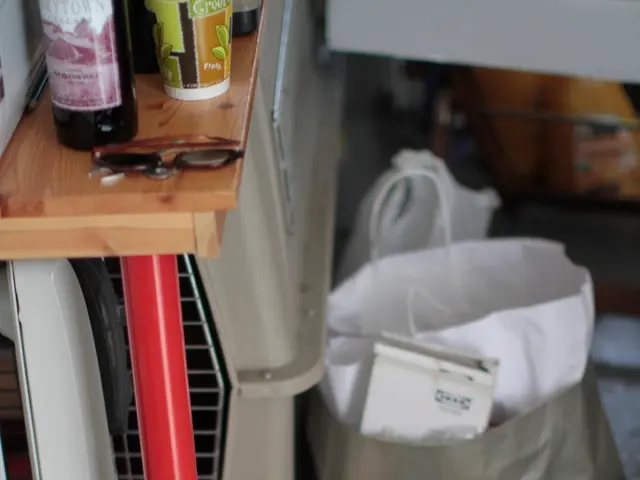Are Swiss restaurants facing a hygiene issue?
Title: Should You Worry About Eating at Swiss Restaurants? A Deep Dive into Hygiene Concerns
Let's get down to the nitty-gritty: there's been a stir in the Swiss food scene, with reports of hygiene issues in restaurants. Health inspections conducted over the past year revealed some troubling findings, such as greenish meat, expired food, overheated cold rooms, and mouse droppings in restaurants.
It got pretty grim, as one in four inspections revealed a considerable or high health risk. To put that into perspective, thousands of administrative measures were issued against restaurants, which is significantly more than the previous year. In a good chunk of these cases, food was even seized and destroyed.
Are we talking a full-blown hygiene crisis here? Well, not quite. Roman Helfer, director of the Federation of Hospitality and Taste Professions, emphasized the importance of taking these findings with a grain of salt – or rather, figuratively speaking.
He explained that inspections were limited to restaurants where issues were suspected or where problems had already been reported. So, the report doesn't exactly provide an overall view of cleanliness in Swiss eateries. Nonetheless, with deficiencies needing correction, it's essential that all establishments step up their game.
So, what might be causing these hygiene issues? A shortage of staff could be a factor, as Bern's cantonal chemist Otmar Deflorin suggested. In situations like these, hygiene is often the first to take a backseat. Additionally, poor hygiene standards in some cantons are another possible culprit, as Patrik Hasler-Olbrych from GastroSuisse pointed out.
Comparatively, it's important to note that food safety remains a top priority for the majority of Swiss restaurants. A massive percentage of establishments provide safe, high-quality food, in compliance with hygiene and safety standards. Of course, as in any country, there's still a chance you could encounter food poisoning while dining out – but don't let that sway your decision to enjoy a meal at one of Switzerland's many eateries.
Finally, you can keep yourself informed and protected by being vigilant for warnings of food contamination in Switzerland.proper health inspections, implementing comprehensive hygiene concepts, and continuing staff training are some ways to ensure safer dining experiences nationwide. So, sit back, enjoy, and bon appétit!
- The disturbing findings from health inspections in Switzerland include greenish meat, expired food, overheated cold rooms, and mouse droppings in restaurants.
- Despite the concerns, food safety remains a top priority for the majority of Swiss restaurants, with a massive percentage providing safe, high-quality food.
- Roman Helfer, director of the Federation of Hospitality and Taste Professions, advises taking hygiene issues findings in Switzerland with a grain of salt, suggesting that inspections are only conducted in restaurants where issues were suspected or where problems had already been reported.
- A shortage of staff and poor hygiene standards in some cantons are possible causes for the hygiene issues found in Swiss restaurants, according to Bern's cantonal chemist Otmar Deflorin and Patrik Hasler-Olbrych from GastroSuisse.
- To ensure safer dining experiences nationwide, it's important to stay informed about food contamination warnings in Switzerland, as well as implement proper health inspections, comprehensive hygiene concepts, and continuing staff training.








